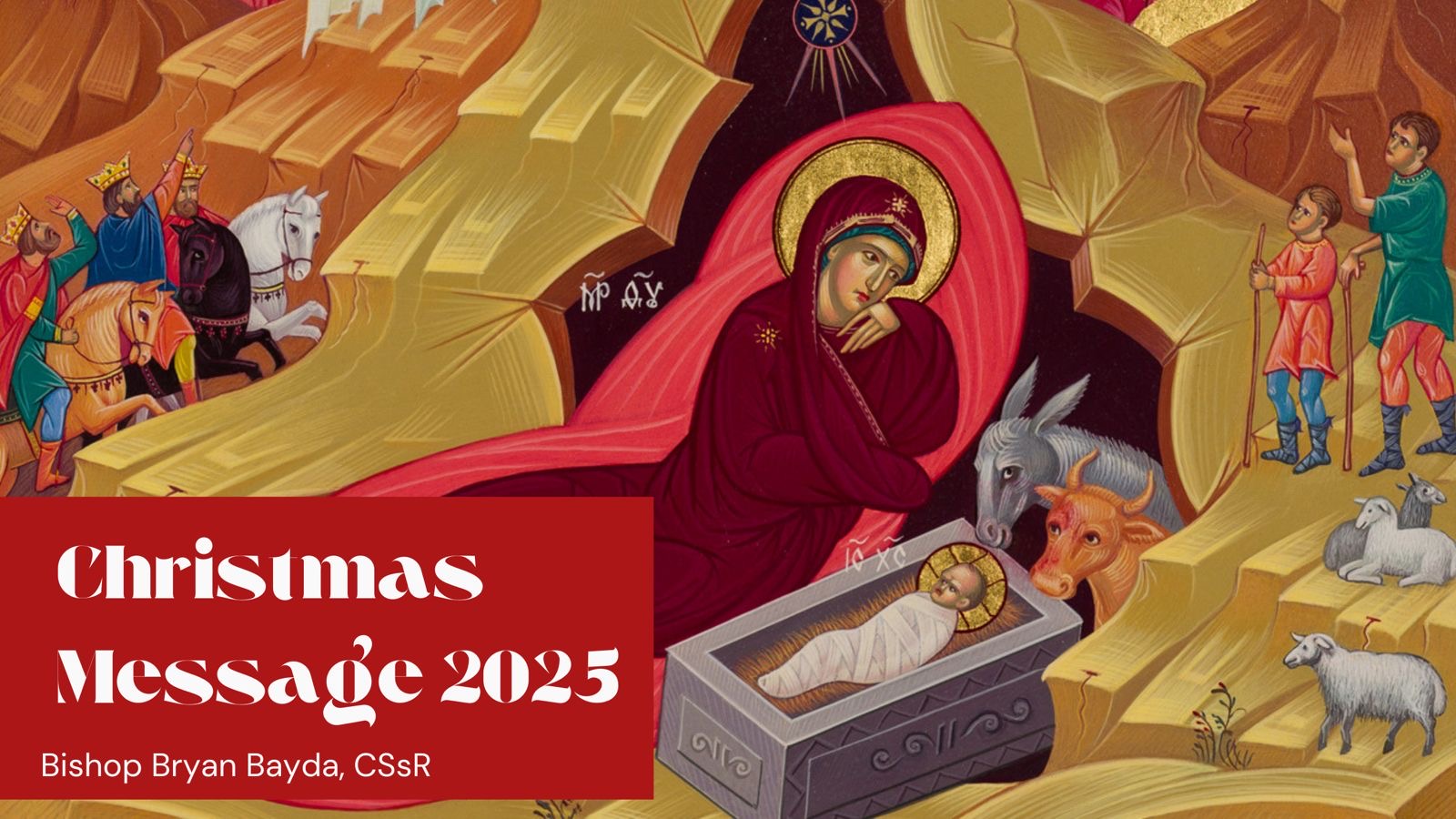Invalid Church Marriage: Truth and Myths

Any society is regulated by certain rules that are for keeping everything in order. The same is true for the Church. The laws that are in the Church do not appear out of the blue. They are based on God’s Commandments as well as on the certain decisions of the Church Councils. The thought of the Fathers of the Church, which have been tested throughout history, is the tradition. Even more, these are the rules that have appeared throughout the millennia. We can add something to the norms, amend them, yet they are the duration of the custom that has to be kept.
Matrimony is one of the Seven Sacraments, and it is subject to God’s law and not to human ones. Both for the understanding and for the making of efforts to interpret this phenomenon, faith has to be present as this helps discernment.
The tradition to give the Sacrament of Marriage has evolved. From the very beginning, the priests did not have a special right to bless matrimony. Only in the eighth century, there was issued the order, according to which matrimony was considered legal only if the priest blessed it in front of witnesses.
“What God has joined, let no one separate.” The contemporary person looks for different ways to excuse their deeds. In matrimony, God blesses both persons of the different sexes to live a married life. It is a way of not only having joy and pleasure but also of difficulties and challenges. When there are problems, it is easier to say, “This does not suit me, I need to look for something else.”
The Sacrament of Marriage is the sacrament for adults. The people who take this sacrament have to be ready, in particular, for the common responsibility, overcoming common difficulties.
The matrimony can be recognized invalid. Nevertheless, such a decision has to be taken by the competent tribunal after the procedural process.
“To consider invalid” is not absolutely correct. It is, rather, to recognize and confirm it as unreal. The person comes and says, “I think my marriage is unreal.” Then, the priest asks about the reasons from before and after the wedding. The marriage is unreal if there are reasons that have existed from the very beginning and did not just appear while living together.
Everything happens in the following way: the person files a complaint, in which the reasons are explained. We send this complaint to the other party and listen to their point of view. Then, there is the problem that has to be solved. Afterwards, there are hearings of the husband, the wife, witnesses, and of psychologists’ and other specialists’ points of view. Then, the case is directed to the defense counsel that does everything possible to save the marriage, Then, the judges, in a collegial way, take the decision to recognize the marriage valid or invalid.
Every life is unique, yet there are certain rules according to which there are reasons to recognize the marriage as invalid. Particularly, there are two canons. There is the well-known canon 18 that speaks about the ability for a person to receive the Sacrament of Marriage. Here, there are only three preconditions: 1. the person was mentally ill; 2. The person knew and was ready, but there were certain reasons that prevented understanding (e. g. the husband had bottled up his addiction); 3. the person did not understand the essence of the marriage. There is one more important canon that speaks about insincerity, when people come to church and say “yes,” but they do not mean it. They say “yes” because, for example, the wedding party is ready, or because the father of the bride has the financial means to help.
In general, people are not ready for the Sacrament and are ready for the act of law, understanding the Sacrament of Marriage in the same way. Nevertheless, a person is not always ready what is going with their everyday life. We are not able to know whether the recently married will survive all the difficulties of the married life. Nevertheless, they have to believe and, with the help of that belief, survive those difficulties and keep the promise.
Regarding those living together while not being married: people live together to try it out. What does “to try” mean? How long is this trial? We can experiment only if we do not trust in God.
The Church makes certain efforts to help a person, but does not have any executive mechanisms or police to regulate and prevent something happening to a person. The Church suggests knowledge of numerous possibilities, inviting the engaged for marriage preparation courses. It is the choice of the person to use it or not. The initiative depends on each couple. The problem is in getting attached and used to each other when each party does not see a part of themselves in their spouse anymore. Let us remember how our grannies and grandpas had dinner. Did anyone of them hide behind a tablet or newspaper? No, they communicated, listening to each other. Now, there is almost no communication. The husband gets the stereotype of the wife who always needs something, while she has one of the indifferent husband. We do not communicate within the family. If we succeeded to hear each other, we would avoid many problems. Often, our tribunal has experienced cases when many couples changed their minds. The first duty of the judge is to save the family, to save the marriage. Recorded by: Tetyana Trachuk Full version of the talk watch on““Open Church. Dialogues” air record. Church marriage. The explanations of the canonist. Фото: zibПІДТРИМАЙТЕ ДИВЕН СВІТ
проєкту
ЧИТАЙТЕ ТАКОЖ















